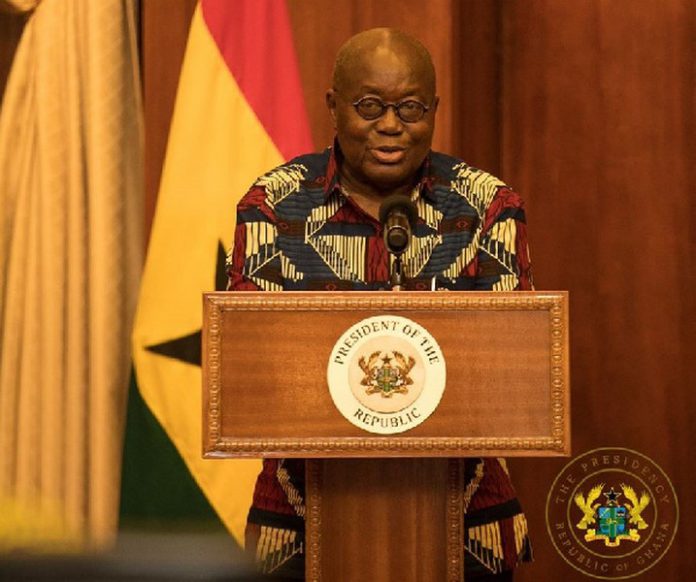In Management Science, there is one principle that stands above all else. That is the principle of Unity of Command. It means that all actors in the chain respond promptly to one central authority.
According to Henri Fayol, where there is no Unity of Command it creates a confusing situation, dilemma and disorder.
On the 27th of March, 2020 the President of Ghana decided to use the biggest and most powerful tool in the global fight against the Coronavirus to protect the lives of millions of Ghanaians who could potentially contract the virus. He ordered a lockdown, albeit partially, of the two biggest metropolitan areas in Ghana.
However, from the very moment he announced the measures, the plan went haywire. Despite the fact that the President was clear that markets and other food vendors will remain open during the Lockdown period; there was insufficient clarity as the very next day witnessed crowds of Ghanaians in markets; probably having as much contact as they would have in a couple of weeks of normal life.
Exemptions were announced for the Lockdown period and soon it became clear on the ground that what was actually needed was probably a posh car, a form of ID and in some cases, a spirit of adventurism. We witnessed politicians, aides, CEOs of companies and other prominent members of society moving about making donations and speeches, sometimes at the very seat of government. That level of indiscipline was a spectacle to behold.
Meanwhile, exempt market traders and ordinary people walking to buy food, six feet apart from any one else, were subjected to major infringements of their basic rights. Some poor Ghanaians witnessing a wedding ceremony were made to sit on the floor under the hot sun and are waiting to be fined sums equal to their annual incomes.
The President over a number of addresses also announced some social interventions directed at helping the poor during the Lockdown. There was to be free food, free water and free electricity. Each of these interventions took at least a week to be implemented after the President announced them. Each of them, in implementation was very different from as espoused by the President. The Minister for Social Protection, Chief Executive of Ghana Water and the Minister for Energy brought a very different understanding of the President’s directives from what any of us could conclude was the President’s intention.
In the end, we are yet to benefit from the Free electricity; there is severe water rationing that makes people long to pay more for their water if only it will be available; and the free food distribution was characterized by inhumanity, mayhem and hints of corruption
Within three weeks, Ghana abandoned its lockdown in a world record time with the President clearly realising that he was about to face an insurrection of the marginalized and poor as has never been seen in this country.
To conclude, let me be clear why I think it is important for Ghanaians to continue to speak up about government’s performance during this crisis. It is not because I think the President and his government are not trying to do their best as they see it. It is not because I am thinking in terms of fairytale alternatives in the opposition.
No. It is because if we do not criticise forcefully, our politicians will only do to the extent we can bear. How many deaths will we be comfortable with? Will we be ok with the unequal economic system that has shown up after the crisis? Do we still want the electioneering slogans of roads and macroeconomic fundamentals or actual change in livelihoods?
A people get the government they deserve. It is about time we raise the standards.
Dr Prince Abbey

